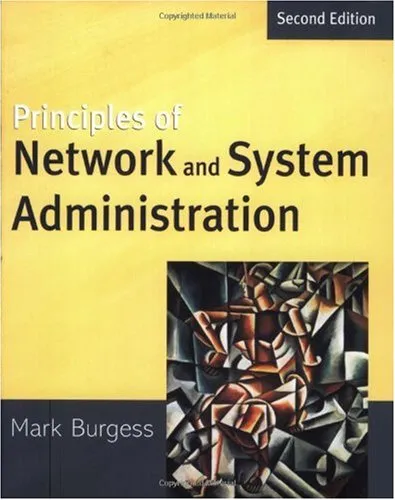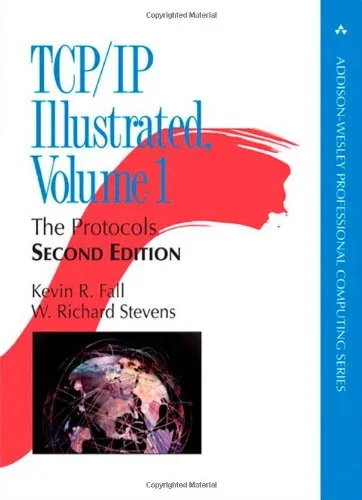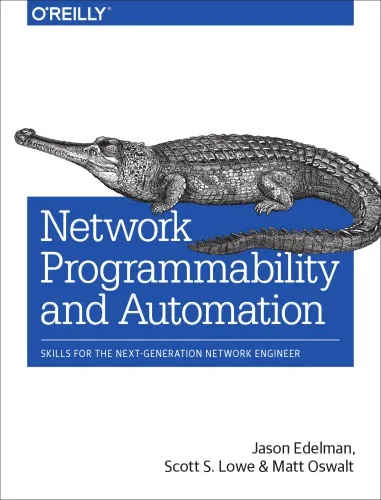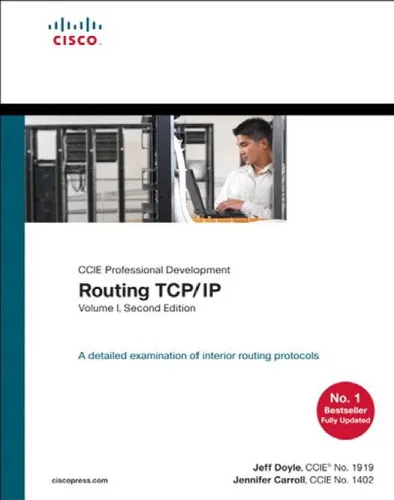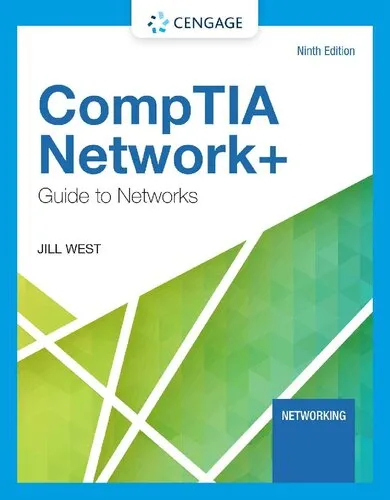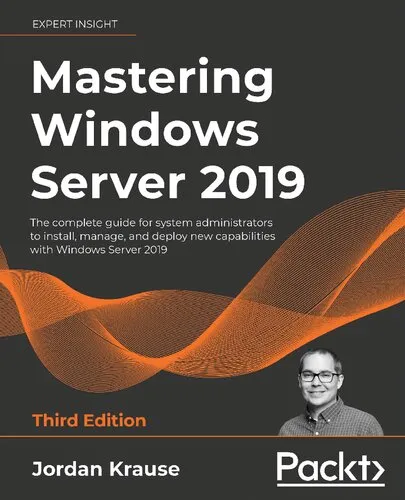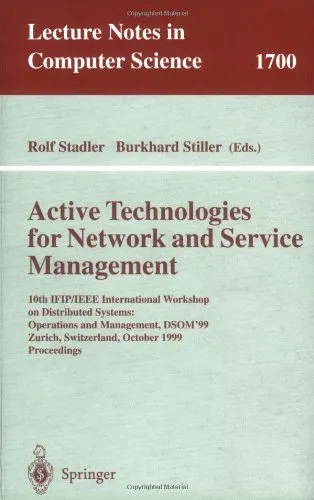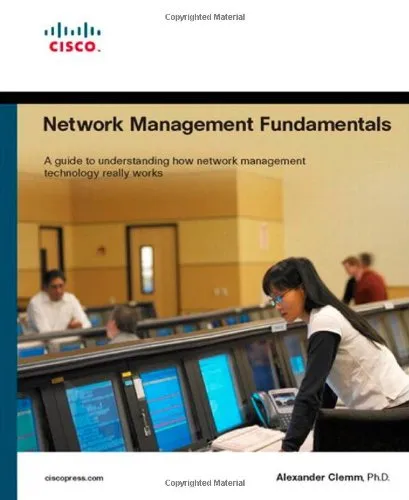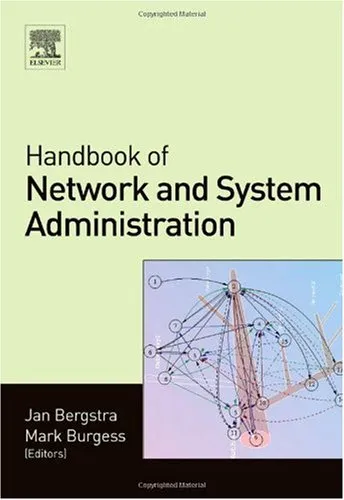Principles of Network and System Administration
4.4
Reviews from our users

You Can Ask your questions from this book's AI after Login
Each download or ask from book AI costs 2 points. To earn more free points, please visit the Points Guide Page and complete some valuable actions.کتاب های مرتبط:
Introduction to "Principles of Network and System Administration"
The digital age relies on robust networks and efficient system administration to power the interconnected world. "Principles of Network and System Administration" presents a comprehensive, thoughtful approach to managing information systems and networks. Written by renowned expert Mark Burgess, the book lays down essential principles, methodologies, and practical applications that guide readers through the often-complicated realms of IT infrastructure. Whether you're an aspiring network professional or a seasoned system administrator, this book equips you with timeless insights to adapt to the constantly evolving technology landscape.
Detailed Summary of the Book
At its heart, "Principles of Network and System Administration" is an exploration of the foundational theories and pragmatic strategies needed to maintain and optimize computer networks and systems. This book transcends mere technical implementations and focuses on delivering a deep understanding of the processes and tools that define reliable system design, sustainable maintenance practices, and effective problem-solving techniques.
The initial chapters delve into the key principles of system administration, covering areas such as policy creation, service management, and risk assessment. From there, the book builds into a more advanced exploration of networks, delving into topics like complex layering, routing systems, and security protocols.
An important aspect of the book is its focus on understanding the context of tools and solutions. Instead of blindly relying on software or automation, the author emphasizes the need to think critically about technology itself and how it interacts with both human and organizational behavior. Real-world examples, case studies, and analogies are provided to bridge theoretical knowledge with practical expertise.
Burgess also introduces core concepts such as system scalability, process automation, and self-repairing systems — ideas that have shaped modern approaches to DevOps and infrastructure-as-code. The narrative strikes a balance between providing practical examples for hands-on learners while also addressing the philosophical and ethical dimensions of being a system administrator.
Key Takeaways
- Foundational Concepts: Learn how networks and systems are structured and how they evolve to meet modern demands.
- Policy Creation: Dive into creating effective policies that govern system access and reliability.
- Automation Strategies: Understand the role of automation in system monitoring, maintenance, and performance optimization.
- Security and Risk Assessment: Gain actionable advice for protecting your organization against modern threats.
- Problem-Solving Frameworks: Develop diagnostic approaches for troubleshooting technical issues efficiently.
- Scalability and Sustainability: Explore methodologies to ensure your networks and systems perform under growing demands and complexity.
Famous Quotes from the Book
“Administration is not about the machines themselves, but about how they are used to achieve only what we intend for them to achieve.”
“Predictability, efficiency, and consistency are the cornerstones of reliable network and system administration.”
“Automation does not replace humans; it amplifies their capacity to create and innovate by removing mundane tasks.”
Why This Book Matters
"Principles of Network and System Administration" is more than just a technical manual; it’s a guide to being an adaptive, thoughtful, and effective systems leader. In today's technology-driven world, where innovation and efficiency go hand in hand, system administrators and network managers must be equipped with more than just technical knowledge. They must understand how to align IT processes with organizational goals, manage resources wisely, and create resilient systems that are prepared for unpredictable challenges.
This book emphasizes long-term thinking, a trait often overlooked in a field full of quick fixes and temporary solutions. Burgess sets this text apart by addressing the ethical dimensions of the administrator's role, assisting readers in understanding the societal and operational implications of managing systems and networks. As automation, AI, and cloud platforms dominate the technology landscape, the principles established in this book remain relevant and applicable.
Whether you're looking to establish a solid foundation in system administration or seeking new insights into improving your current practices, this book offers the tools, theories, and philosophies that will help you navigate the profession with confidence.
Free Direct Download
You Can Download this book after Login
Accessing books through legal platforms and public libraries not only supports the rights of authors and publishers but also contributes to the sustainability of reading culture. Before downloading, please take a moment to consider these options.
Find this book on other platforms:
WorldCat helps you find books in libraries worldwide.
See ratings, reviews, and discussions on Goodreads.
Find and buy rare or used books on AbeBooks.
1483
بازدید4.4
امتیاز0
نظر98%
رضایتReviews:
4.4
Based on 0 users review
Questions & Answers
Ask questions about this book or help others by answering
No questions yet. Be the first to ask!
